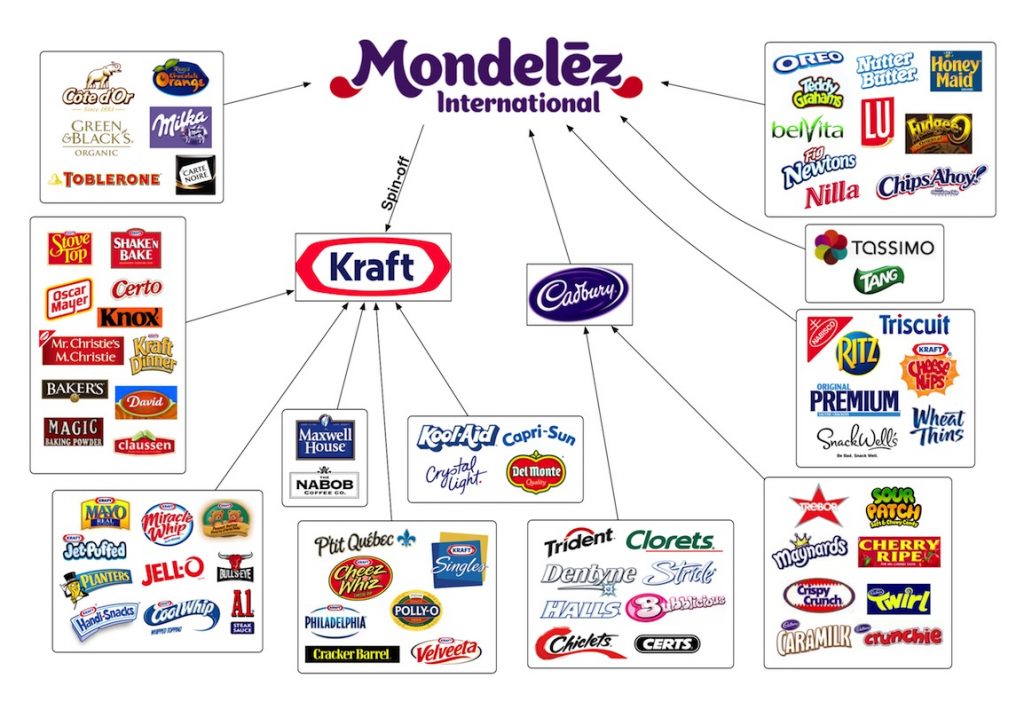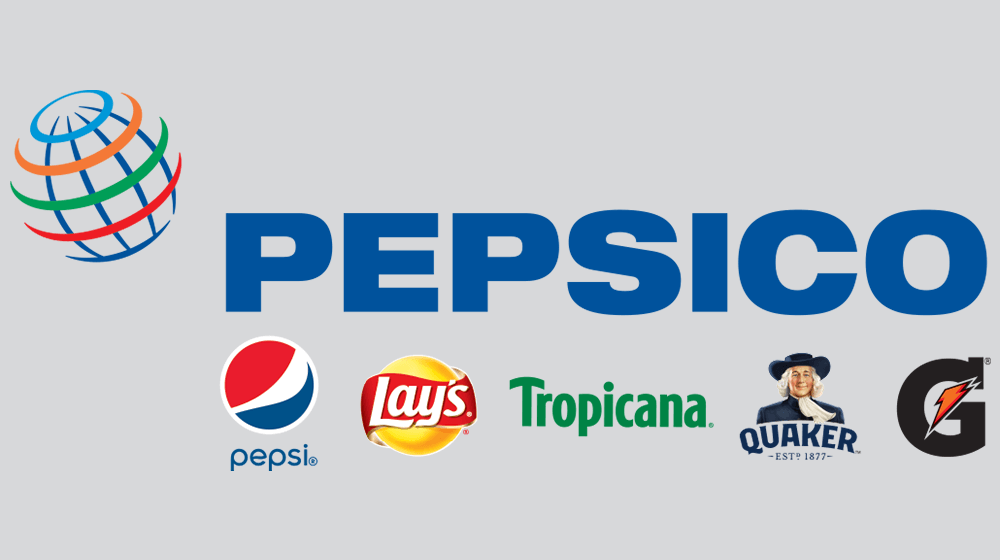Like a lot of marketers, packaged foods giant Mondelez International is reevaluating its method for a world where third-party cookies are set to go “the method of the Dodo” amidst a wave of new personal privacy policies, to estimate one executive speaking at a virtual Advertising Week panel Wednesday.
Techniques that rely less on such identifiers, consisting of contextual targeting, are on the rise as brands and publishers rush to discover a replacement for what has, to date, been among the most ubiquitous methods of reaching consumers online. But Mondelez, which owns treat labels like Oreo and Wheat Thins, does not view anyone alternative as a catch-all option for the industry’s looming post-cookie future and is instead of taking a layered approach to consider its performance-based marketing moving on.
“Among the crucial advantages [of contextual targeting] is that it does not have any kind of direct dependencies on cookies or any such other identifiers,” Anuj Dahiya, global digital media head at Mondelez, said during a live-streamed session with DoubleVerify, one of the company’s marketing partners.
“Context is important, for sure, and we ensure that we’re constantly developing on top of our audience insights also,” Dahiya stated. “However, brand name security might be a problem when you discuss contextual targeting.”
One way Mondelez is following in the steps of other packaged products business is putting a brand-new premium on first-party information, which has constantly been an important property to the classification however is getting fresh importance as third-party data is deprecated due to far-flung privacy regulations, including the EU’s General Data Defense Policy (GDPR) and the California Consumer Personal Privacy Act (CCPA). Such laws are the prime reason that cookies, which tag and track small bits of consumer info from around the web to assist brand names to target their ads, are on the decrease, as market-leading web browsers like Google Chrome begin to sunset their support.
“Regulations like GDPR or CCPA … they send a clear message to the marketers: that data requires to be handled properly and any sort of personalization should not come at a cost of consumer privacy,” Dahiya said. “Due to the present occasions [that have] been rolling throughout different industries, even efficiency is essential. More data sets and more advanced measurement techniques have become vital.”

Checking new solutions
Figuring out a marketing playbook that’s less reliant on third-party cookies might also be essential for packaged goods companies as they depend more on e-commerce to drive growth. Online shopping has flourished under the coronavirus pandemic, a pattern that could stick around even after the worst of the health crisis passes. But getting online users to click and shop– and then repeat those habits– could ultimately require more vibrant digital marketing.
“Utilizing both contextual and behavioral targeting together, I think there is a greater part of individuals who have a more holistic method and reach consumers in various ways and different times in their journey,” Dahiya said. “Both of these requirements to interact in collaboration and making sure, at the end of the day, it helps us design a meaningful experience for our consumers.”
Mondelez has actually for years ramped up investments in its e-commerce capabilities and experienced a sales bump in current months as homebound consumers stockpiled on treats. However, just like its packaged food rivals, sustaining momentum will be vital for the company as pandemic-driven routines start to cool.
“In the best world, online marketers would be able to associate advertisements to sales, brand name awareness, or any other critical company objective. But they do not always have that luxury.”
— Anuj Dahiya
International digital media head, Mondelez International
The online marketer is dealing with brand-new methods to satisfy modern marketing demands. Earlier this summer, it piloted DoubleVerify’s Authentic Performance service that helps brands much better evaluate and optimize their project efficiency. Early results were promising, as the online marketer saw a 10% lift in brand favorability, a 9% bump in brand concentration, and a 5% boost in purchase intent, according to figures Dahiya shared during the session.
“What we felt [validated] this pilot was the length and breadth of the matrix; the granularity of the information,” Dahiya said. “That’s something that we saw had a favorable effect on the overall organization objective that this brand name had.”
Even as Mondelez finds success in new experiments around leveraging information in advertising, Dahiya suggested spaces would continue straight linking consumer-facing messages to organization outcomes.
“In a perfect world, marketers would have the ability to attribute advertisements to sales, brand name awareness, or any other crucial company goal,” Dahiya said. “However they do not always have that high-end.”
“Advertising is still an innovative function,” he included. “If you have to determine the effect, there’s a little an art and a science that’s needed.”















